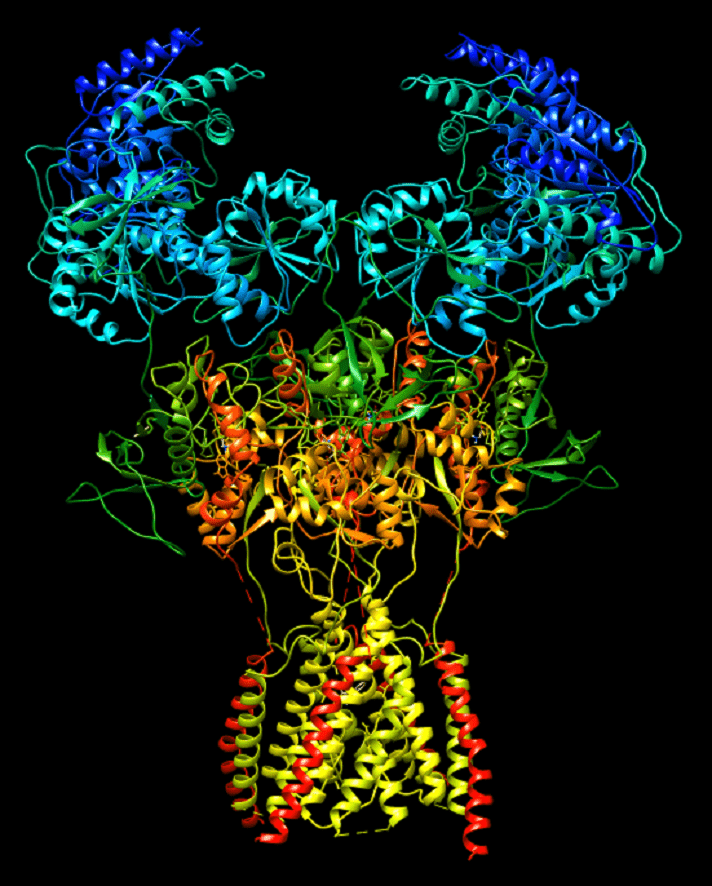Posts Tagged ‘pharmacological’
Study identifies cognitive benefits of ketamine in patients with treatment-resistant depression
Which factors determine what we believe about our world, ourselves, our past, and our future? Cognitive neuroscience suggests that our beliefs are dependent on brain activity, specifically on the way our brains process sensory information in order to make sense of our environment. These beliefs (defined as probability estimates) are central to our brain’s predictive…
Read MoreDoes ADHD treatment enable long-term academic success? (Yes, especially when pharmacological and non-pharma treatments are combined)
Academic difficulties are one of the most important adverse consequences of ADHD, and they frequently contribute to parents’ decision to seek treatment for their child. Whether treatment consistently yields a positive impact on long-term academic success is thus an important issue; however, the answer to this question has been somewhat controversial. A study published recently…
Read MoreStudy: Antidepressant vortioxetine combined with cognitive training may help delay cognitive decline
Can Pharmacological Augmentation of Cognitive Training Remediate Age-Related Cognitive Decline? (The American Journal of Psychiatry): A gradual decline of cognitive function and concurrent loss of brain volume is an expected process even in healthy aging. What if, however, this process could be delayed, reversed, or even prevented? This question has become increasingly relevant as the…
Read MoreStudy finds combined pharma + non-pharma treatment most beneficial to help youth with ADHD address long-term academic difficulties
__ Academic difficulties are one of the most important adverse consequences of ADHD, and they frequently contribute to parents’ decision to seek treatment for their child. Whether treatment consistently yields a positive impact on long-term academic success is thus an important issue; however, the answer to this question has been somewhat controversial.
Read MoreSurvey: Do you think we will soon have a pharmacological treatment for Alzheimer’s Disease and cognitive impairment?
—– Please answer this question and a few other to help us better understand your thoughts and beliefs about brain health, and how we may be able to serve you better (should take no more than 5 minutes to complete it): Take the survey Thank you!
Read MoreTo improve academic outcomes, children with ADHD need both medication and non-medication treatments
. Academic problems are extremely common in children with ADHD, and often the issue that leads to referral for an ADHD evaluation. Academic outcomes can be measured in 2 different ways — academic achievement and academic performance — and both are compromised in children with ADHD. Academic achievement refers to the information and skills that children…
Read More





